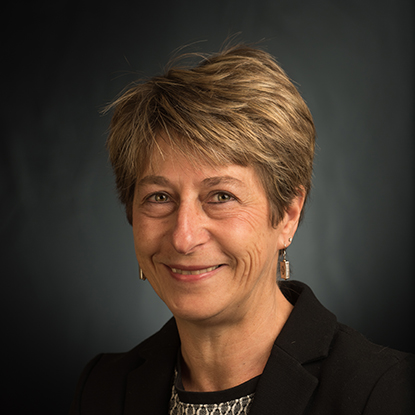
A Message from Dean of the College of Arts & Sciences, Elisabeth Mermann-Jozwiak
Gonzaga University is dedicated to academic excellence, and the College of Arts & Sciences supports that tradition by providing learning experiences that transform our students, faculty, and staff.
To be sure, the most obvious and accessible of those learning experiences here at Gonzaga occur in the classroom. But in the College, we also value experiential learning—learning outside of the classroom, with hands-on skill development from mentors including both Gonzaga faculty members and experts in non-academic settings.
Experiential learning helps develop transferable skills by exposing students to new environments and situations that foster reflection and adaptation and that translate into future options—a progression that aligns closely with Gonzaga’s mission of cultivating in its students the capacities and dispositions for reflective and critical thought, lifelong learning, and innovation.
It also provides practical, real-life experience that helps prime students for life after Gonzaga. Critical thinking, professionalism, work ethic, the ability to communicate and collaborate: these skills are so important to one’s workforce preparedness, and the College is committed to offering opportunities for its students to refine and apply them in professional settings.
How does the College support experiential learning? By providing access to research in science, humanities, and the social sciences; by supporting both stipend-funded and for-credit internships; and through the dedication of our exemplary faculty members, who provide mentorship to students who show enthusiasm and promise in their fields of study.
In this newsletter, we will introduce you to a handful of students who have seized the opportunities available to them. They have taken advantage of research internships offered in Seattle and in the Spokane community; they have learned from and developed professional relationships with faculty mentors through the Morris Fellowship program, just finishing its second year, and work award programs available to undergraduates throughout the university; and they’ve even continued their whole-person growth and cultural competency after graduation, by going into international communities to teach English and to share what they have learned with others.
Thank you for taking the time to read about these valuable programs and how each of these students has benefitted by taking part in them. We hope you’ll be stimulated by something you’ve read and that you’ll find a way to share your expertise and interests in a similar way.
Main image photo credit: Libby Kamrowski

